First Things First – How to Start a Successful Mentoring Program | By Bob Taylor
In our consulting and training work, we frequently are invited to evaluate mentoring programs. When we ask leaders to describe their mentoring programs today, the answers run the gamut from "we don"t have one" to "ours is best in class" and just about everything in between. Some organizations report "informal" mentoring programs, a few attempt to thoughtfully match mentor and protégé, and the remainder appear to leave their programs completely to chance.
For those of you considering the establishment (or refinement) of a mentoring program in your organization, we offer you the following:
Teach the Mentors how to Mentor – An area we find sadly lacking in many organizations is mentor training. Just because someone possesses mastery in a particular skill does not mean they will be capable of sharing or teaching that skill to others; therefore, some mentor training may be necessary. In a mentoring relationship, the protégé learns by doing, eventually coming to their own conclusions, and building the decision making skills that help organization"s grow and succeed. As the poet and artist Khalil Gibran once said, "(t)he teacher who is indeed wise does not bid you to enter the house of his wisdom, but rather leads you to the threshold of your mind." Mentors should be trained in the three specific phases of their discussions with their protégé which are universal in their ability to help facilitate meaningful and educational dialogue between the parties.
Analyze – The mentor listens and observes from a silent and neutral standpoint. This is difficult for many mentors, but remember – this is not about you, it"s about the protégé. Listening means not talking. Neutral means not judging or correcting.
Challenge – The mentors encourage their protégés to explain their logic, rationale, and basis for their position or decisions they made, constantly asking them what they have learned in the process and how that learning may be applied to other scenarios. Challenging means asking questions, not giving answers.
Focus – The mentor helps the protégé distill facts and make decisions. The mentor asks the protégé what other options are currently under consideration as a means of ensuring the protégé has explored and analyzed the problem and is not fixated on one solution. Mentors should always end the conversation with "what is your next step?" keeping the process moving and making the protégé think about what they are going to do with the information they just reported.
Selection Second – Everyone on your team deserves coaching, but the additional effort, attention, and investment of mentoring should be reserved for the "high potentials" in your organization. Protégés should be selected from among those high potential individuals who are both top performers and who possess the skills, abilities, and desire to assume greater responsibilities. Being an effective individual contributor is not enough, as protégés must bring the personal characteristics that suggest they have the ability to influence the behaviors of others without any formal authority.
Matchmaker, Matchmaker, Make me a Match – Not just a song from the award winning production "Fiddler on the Roof," matching mentor to protégé can mean the difference between a successful and unsuccessful outcome. Many organizations let the mentor and protégé self select their matches. Others will match protégé need with mentor skill. Beyond matching skill and need, there is a need for personality compatibility. We"re not advocating mentor/protégé e-harmony here, but the mentor has to possess the skill needed by the protégé AND there must be a personality match or chemistry between the parties. If the mentor and protégé don"t enjoy each other"s company on some level, the relationship will not flourish nor be successful.
Once you"ve given your mentors the basics in handling their discussions with their protégé, made your protégé selection, and played matchmaker, it"s time to introduce a Relationship Framework. For us, that framework is The O3 Problem Solving Process…but our time is up for today, so we"ll share more on that next week. On a separate note, we"d like to thank each of the team members on the Orgwide team for their work on the 33rd Annual Telly Award winning asset titled "Be at Home…Today!" completed for the Homewood Suites by Hilton brand. Please CLICK HERE to view a sample of our Telly Award winning product. Until next time, remember to Take Care of the Customer, Take Care of Each Other, and Take Care of Yourself.
Bob Taylor, co-founder and CEO of OrgWide Services, brings 30 years of hands-on management, real-world leadership, and business experience to our organization. Bob's enthusiasm and commitment for developing skills in others has resulted in a synthesis of a business and personal philosophy that culminated in the inception of Orgwide. A former Sr. Manager in FedEx's world-recognized Leadership Institute, Bob learned the leadership trade by practicing and applying his lessons in the trenches. After an impressive career in operations at FedEx, Bob was invited back to headquarters to train and develop other leaders. Bob was rewarded for his contribution to the success of the Leadership Institute and its students when he received the company's most coveted award for individual contribution, the Five-Star Award for Excellence. In 1995, Bob elected to open RFTaylor & Company, a management consultancy serving such corporate clients as Emerson Electric, FedEx, Hilton Corporation, and Nike, Inc., to name a few.
Orgwide represents a significant breakthrough in how organizations are able to manage the acquisition and distribution of knowledge and expertise. Leveraging our problem solving talents and consulting skills, we combine the science of learning and the art of communication with advanced analytics to dramatically improve your organization's results. Our highly-skilled, multi-disciplinary team of process consultants, instructional designers, communications experts and assessment specialists can significantly and creatively make your organization more efficient. More information at www.orgwide.com.
TAGS
educational dialogue, mentor training, mentoring programs, gibran, mentoring program, mentors, gamut, refinement, standpoint, decision making skills, rationale, scenarios, remainder, threshold, poet, conclusions, wisdom, logic, decisions, relationship
ORGANIZATION
OrgWide Services
www.orgwide.com/
165 N. Main Street, Suite 202
USA - Collierville, TN 38017
Phone: 901.850.8190 Ext. 230
RECENT NEWS
Top Five E-mail Do's and Don'ts | By Jim Hartigan
Thursday 29 March 2012
The Easy Button, the Big Easy and an Easy-Bake Oven | By Jim Hartigan
Thursday 26 January 2012
12 Communications Resolutions for 2012 | By Jim Hartigan
Thursday 12 January 2012
Source: http://www.hospitalitynet.org/news/4055934.html







